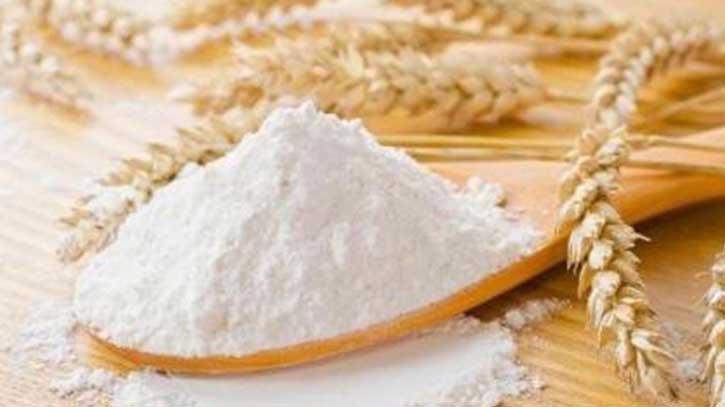India on Saturday has put severe restrictions on the overseas shipment of wheat flour, maida, semolina and wholemeal wheat flour in order to curb rising domestic prices.
However, the country said overseas shipments of the items would be allowed subject to government approval in some cases, reports several Indian media.
Notifying the cabinet decision taken a few days ago, the Directorate General of Foreign Trade said the "export policy of items -- wheat or meslin flour, maida, semolina, wholemeal aata, and resultant aata-- is amended from free to prohibited."
On August 25, the Indian government decided to restrict the export of wheat or meslin flour to curb rising prices of the commodity in the local market. The decision was taken at a meeting of the Cabinet Committee on Economic Affairs.
The price of wheat in India`s domestic market has increased.
In order to ensure food security, the Indian government banned wheat export in May, triggering a sharp rise in overseas demand for wheat flour.
Wheat flour exports from India registered a growth of 200 per cent during April-July compared to the corresponding period in 2021.
In 2021-22, India shipped wheat flour worth $246 million. The exports stood at about $128 million during April-June this fiscal.
The increased external demand also led to a significant price rise in the domestic market.
The all-India average retail price of wheat rose by over 22 per cent to 31.04 rupees per kg on August 22, compared to 25.41 rupees a year earlier, according to data maintained by India`s Consumer Affairs Ministry.
The average retail price of wheat flour (aata) was up 17 per cent to 35.17 rupees per kg as against 30.04 rupees earlier.
Wheat prices in both wholesale and retail markets have also come under pressure due to a nearly three per cent drop in the domestic output to 106.84 million tonnes in the 2021-22 crop year.
Wheat production in India is estimated to have declined due to a severe heat wave that resulted in shrivelled grains in the key producing states of Punjab and Haryana.




-20260216055149.webp)


-20260215061522.webp)


-20260216115008.webp)


























